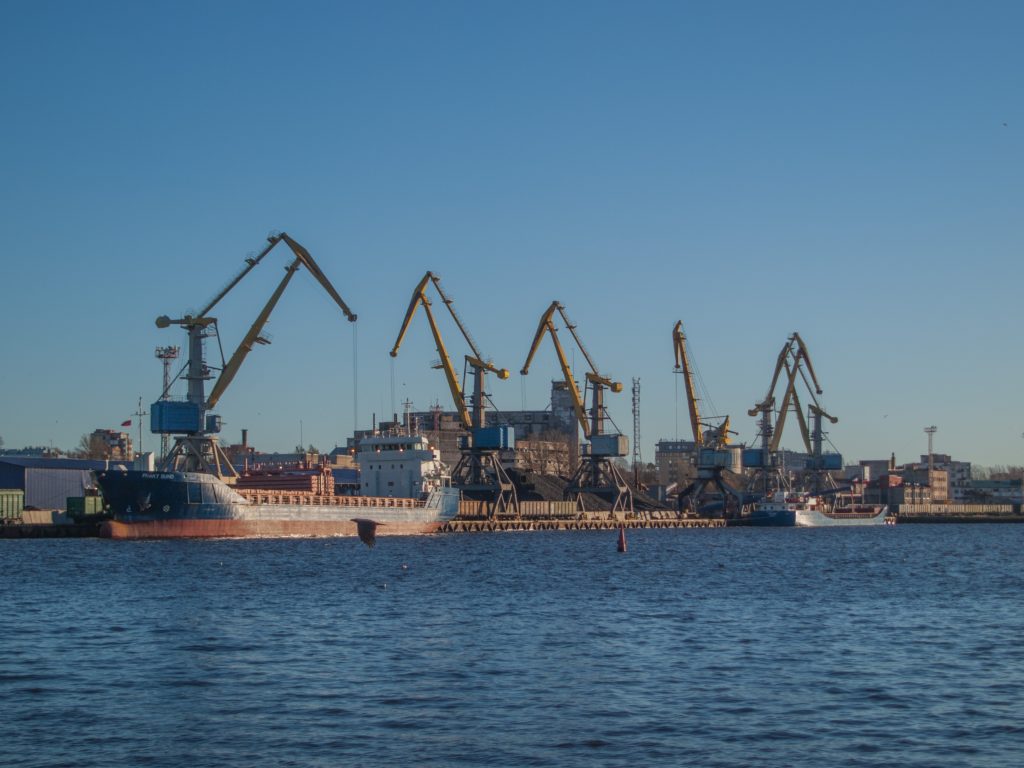
Virginia needs more welders, particularly maritime welders. The state has not been immune to the staffing shortages affecting industries across the country. By 2023, the American Welding Society estimates that the industry will be short by 375,000 welders. With the average welder 55 years or older, there is a risk of people aging out of the workforce, posing a significant threat to the labor market.
FastForward training programs are helping students prepare for careers in the industry. And while we’ve covered the welding industry on the blog, we have not focused specifically on maritime welding. A good welder can usually find employment but having a specialization can give you an edge.
Here’s why you should consider a career in maritime welding.
Shipbuilding is one of Virginia’s biggest (and oldest) industries
Newport News Shipbuilding (NNS) is the largest industrial employer in Virginia. A division of Huntington Ingalls Industries, the shipyard was founded in 1886. Welders and workers at NNS have been responsible for building ships involved in many of the major military conflicts following the Civil War. Currently, NNS is the only designer and builder of U.S. Navy aircraft carriers and one of just two providers of naval submarines. Ford-class aircraft carriers, the next generation and most advanced class of aircraft carriers, is being constructed exclusively at NNS.
Being employed as a maritime welder at NNS means that you are part of a world-class shipyard and get to be a part of history, as well.
There’s never a dull moment
Shipyards are fast and dynamic places that offer a mix of mental and physical tasks. As a maritime welder, you will always have a new section of a ship to work on. There’s a high level of communication involved in your daily routine, and teamwork is crucial.
Compensation and flexibility
You’ll also be well compensated. According to ZipRecruiter, the average salary for a maritime welder starts at $48,474 and can range as high as $102,000 per year.
Expect to have a flexible schedule. Your time on the shipyard floor often is determined by the needs of the U.S. military, shipment volumes and other unexpected events like emergency repairs.
Maritime welding workforce credentials allow you to train quickly, get hired and get paid
FastForward training programs at Virginia community colleges provide industry certifications that range from the basics of the trade all the way up to more specialized techniques and styles. Many students choose to earn their FastForward welding credentials because they are affordable and only require a short-term time commitment, so you back are on the job in weeks, not years.
Colleges such as Rappahannock Community College (RCC) have their own welding programs that set students up to work at NNS or other shipyards. We recently profiled RCC’s welding program and facilities, Kolby Moore, a student who aspires to work at NNS and shared with us how FastForward is helping him get closer to achieving his dream. Check it out below.
Interested in maritime welding, but need some guidance? Contact a career coach at your local community college.